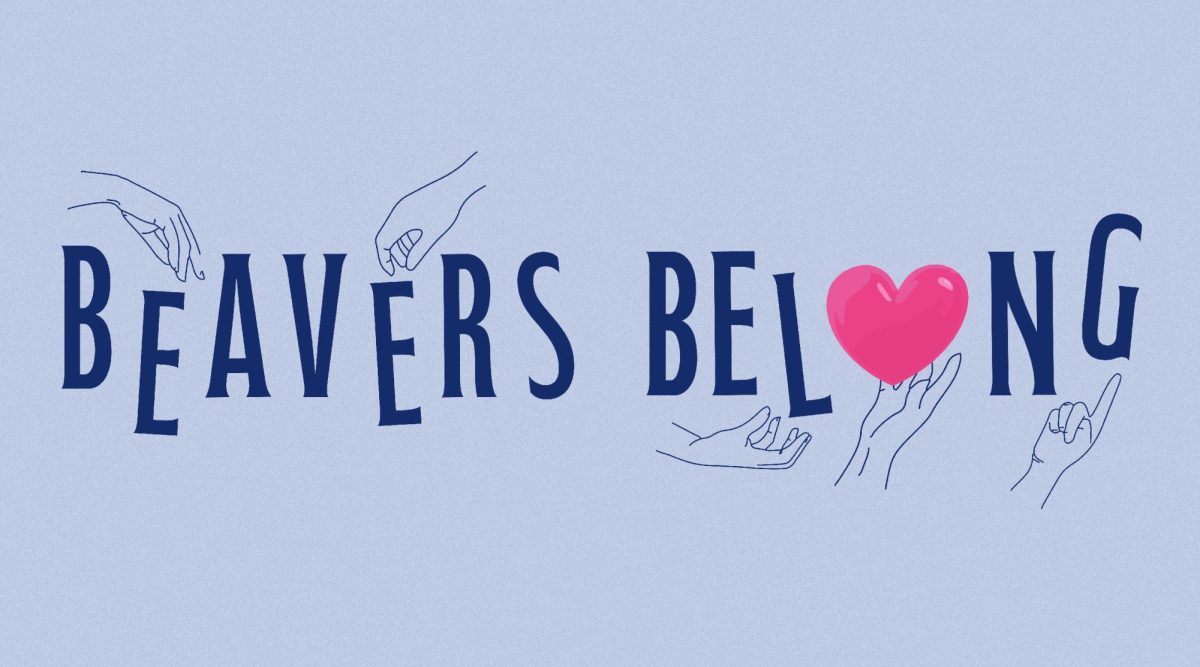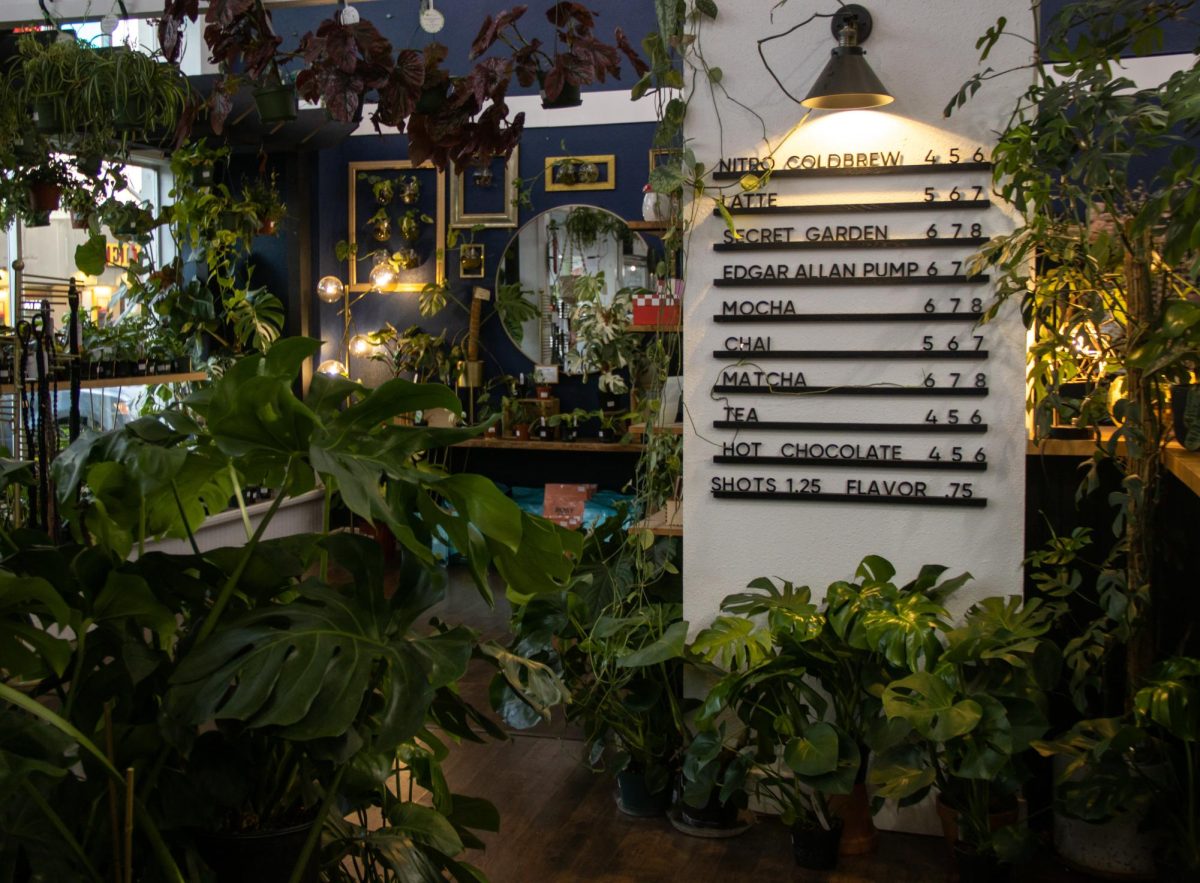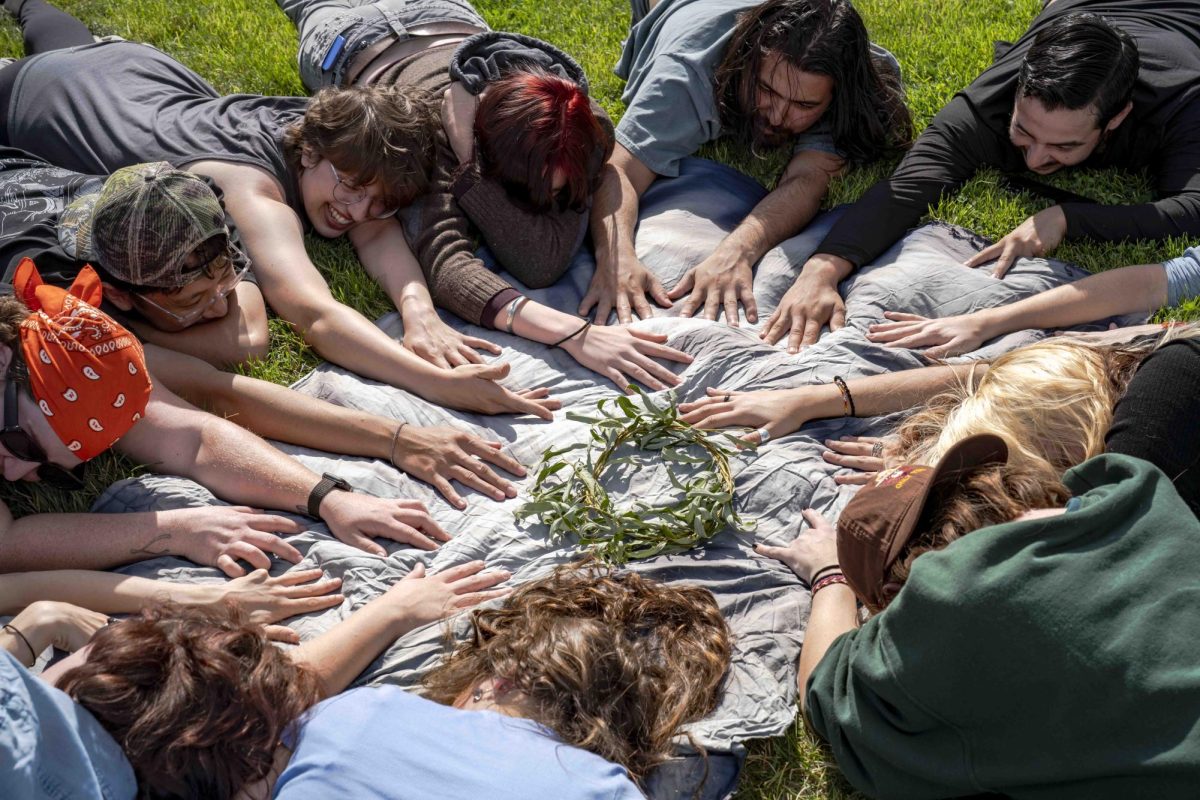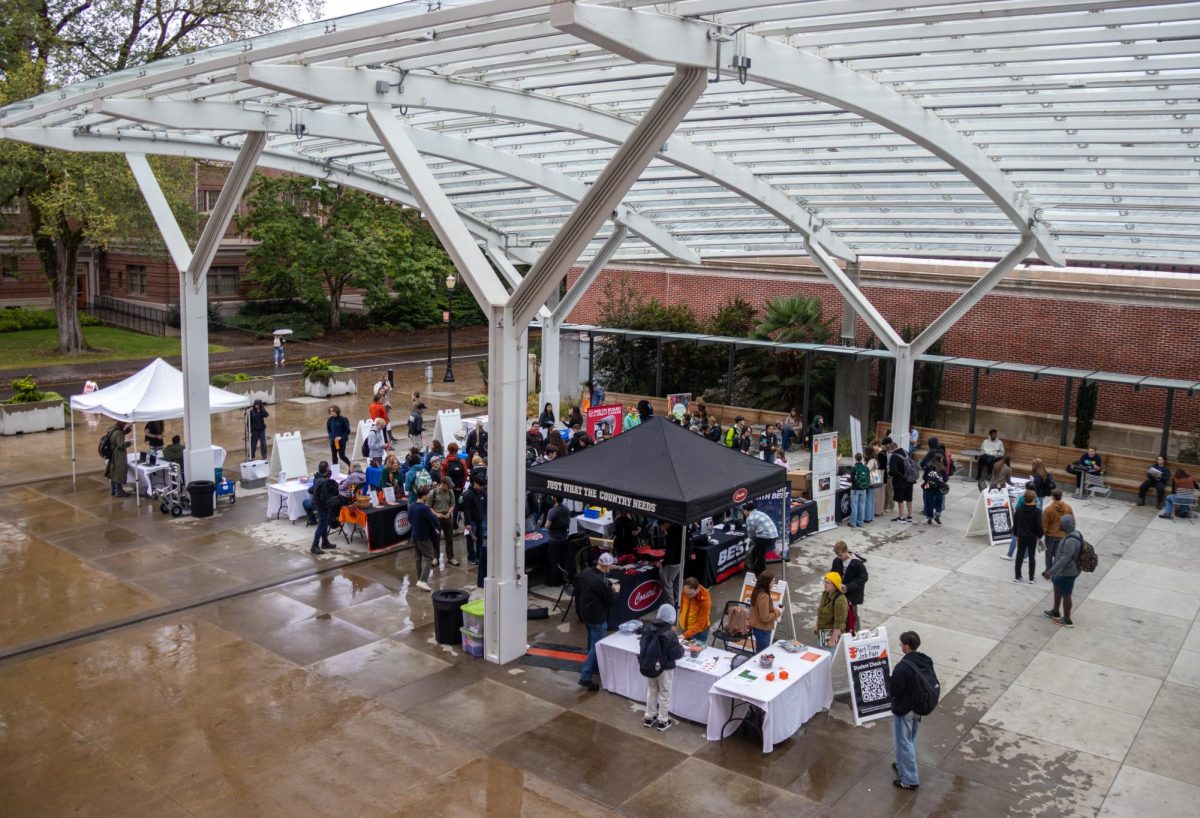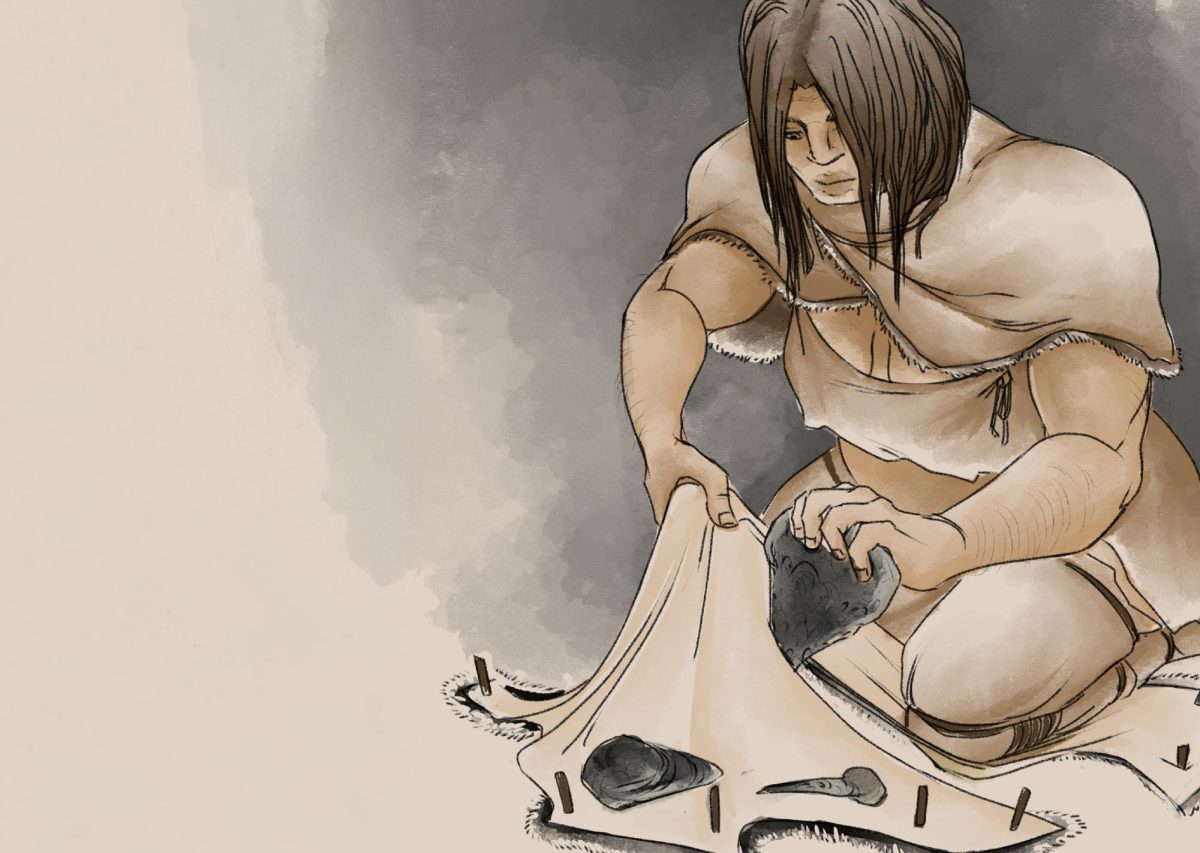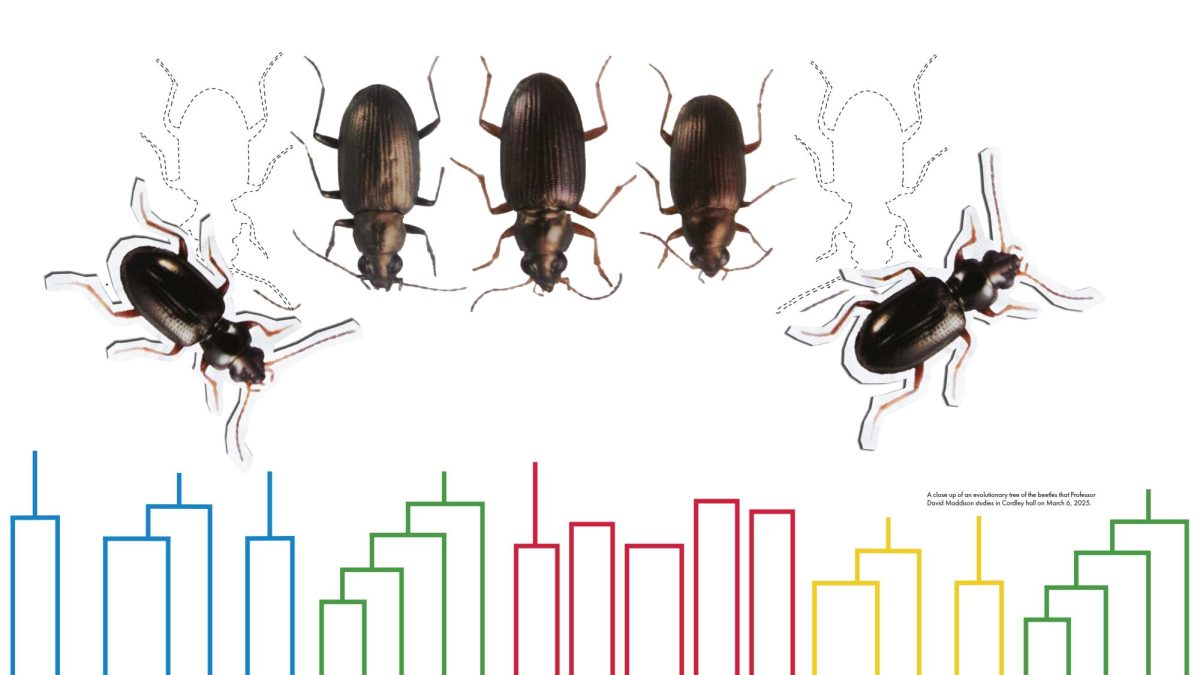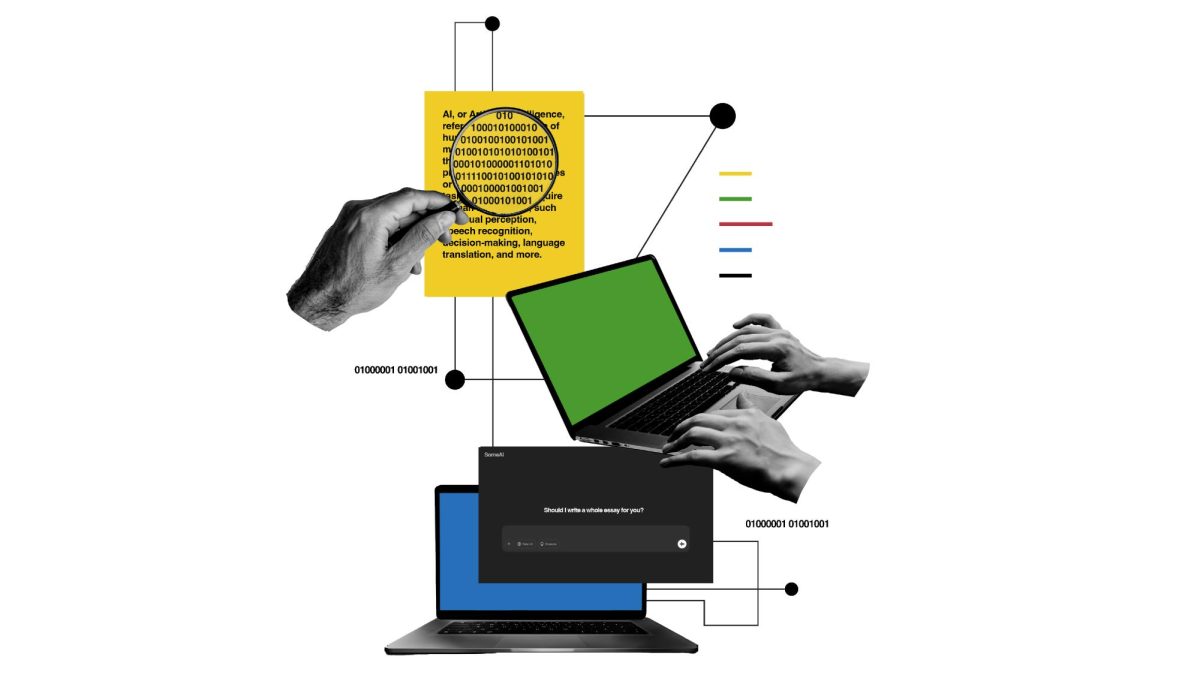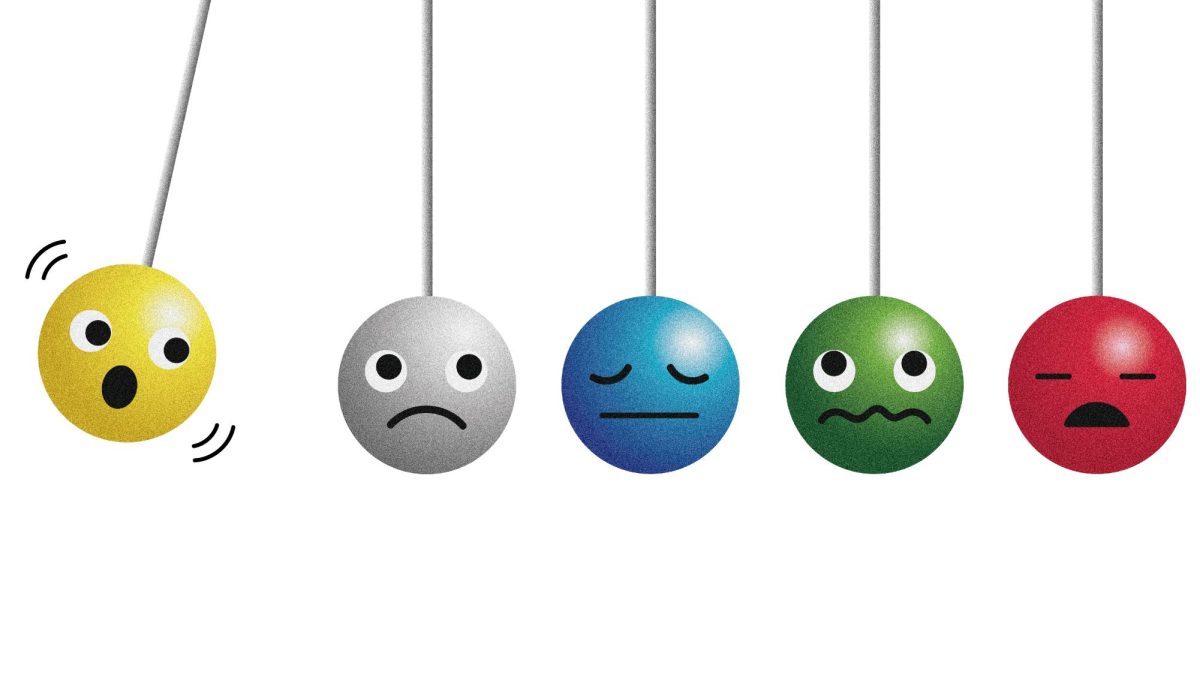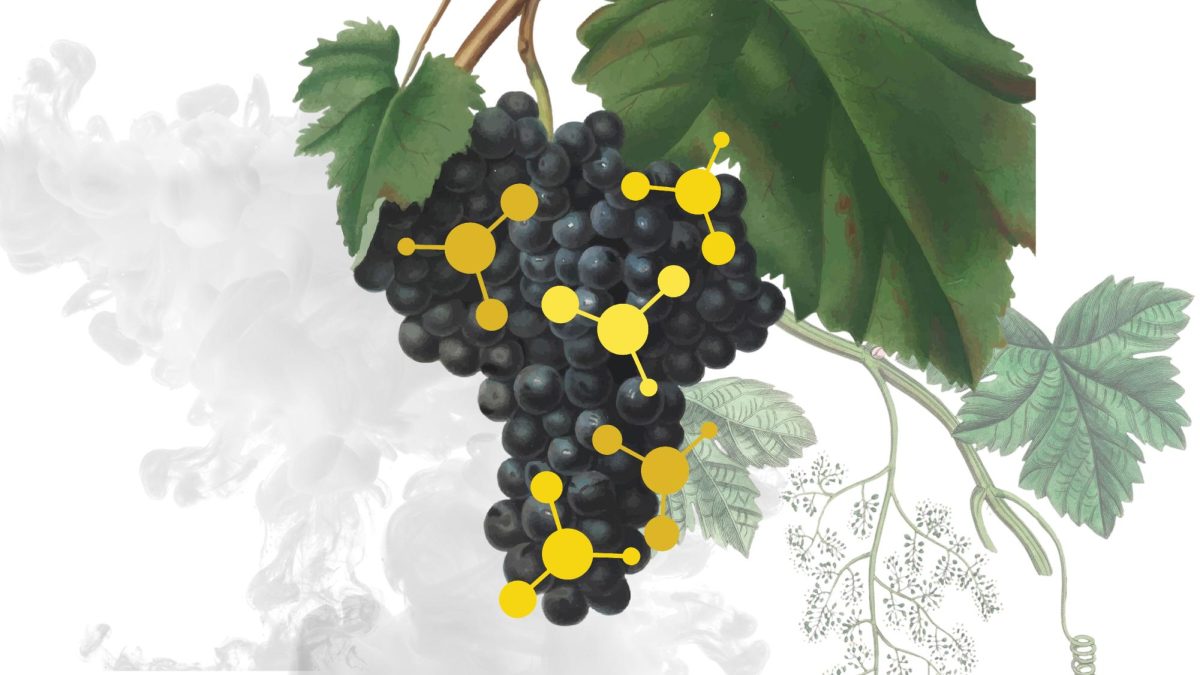In spring, Counseling and Psychological Services is set to launch a student-led program called the Beavers Belong Support Network, designed to help students find community on campus.
Molly Murphy, a CAPS Peer Support Coordinator assisting the group’s rollout, hopes the peer-to-peer format of Beavers Belong will empower students, who will have the opportunity to choose the space where they meet with peer leaders.
“Our objectives of the program are to provide support in ways that students feel comfortable, and offer a space to find connection and belonging with their peers,” Murphy said.
Led by student leaders, the Beavers Belong group aspires to promote a sense of belonging among students in a private setting chosen by the participants.
“Belonging is one of the biggest factors in terms of students staying at a campus and finishing their degree,” said Maureen Cochran, senior strategic advisor and director of the Student Affairs Assessment office.
The Inclusivity Project compiles data on belonging using survey responses from a pool of Oregon State University students. Reports are released biannually by the Division of Student Affairs, in partnership with other departments.
Data from the 2019 Inclusivity Project saw that 44.4% of Native Hawaiian or Pacific Islander students, 41% of African American students and 31.7% of Asian students felt they “rarely” belonged in classes outside of their major.
The Beavers Belong program will initially focus on general student-led groups for undergraduates and graduates, with plans to later create identity-based groups for LGBTQ+, first-generation students and other identities.
“OSU is pretty robust in their different cultural centers and organizations and clubs that kind of fill some of those gaps, but there are definitely still some identities and cultures who are not being represented in those sort of formal groups,” Murphy said.
Alma Gonzalez, a third-year design innovation management major and a Louisiana native, said she had never heard of the Lonnie B. Harris Black Cultural Center until recently.
While at OSU, Gonzalez noticed a difference in the social etiquette between Louisianans and Oregonians.
“The community, the people are just a lot different,” Gonzalez said.
International students might also struggle to adjust in college. Murphy said the strenuous visa process, language barrier and tense political atmosphere can compound stress for international students.
First-generation students face unique challenges as well.
“Students who come from families who have had somebody go to college before kind of have this existing family roadmap of how to navigate the university system,” Murphy said. “First-gen(eration) students don’t have that.”
Other barriers to belonging include social anxiety, schedule constraints and a lack of awareness of campus events and clubs.
“We’ve seen an increase in social anxiety coming out of the pandemic,” Murphy said. “The generation (whose) high school was all online, or even folks who spent their first two years of college online, they lost that foundational year of building relationships.”
Gonzalez, who experiences social anxiety, said she tends to isolate herself. “Going back (after COVID-19), trying to be social again, was a little different,” she said.
Murphy advises students struggling to feel like they belong on campus to explore clubs and take advantage of everything OSU offers, including: CAPS, the Basic Needs Center, Student Health Services and The Academic Support Center.
The website for Beavers Belong is expected to launch in the coming weeks.
Students can find out more about Beavers Belong by filling out this contact form.

